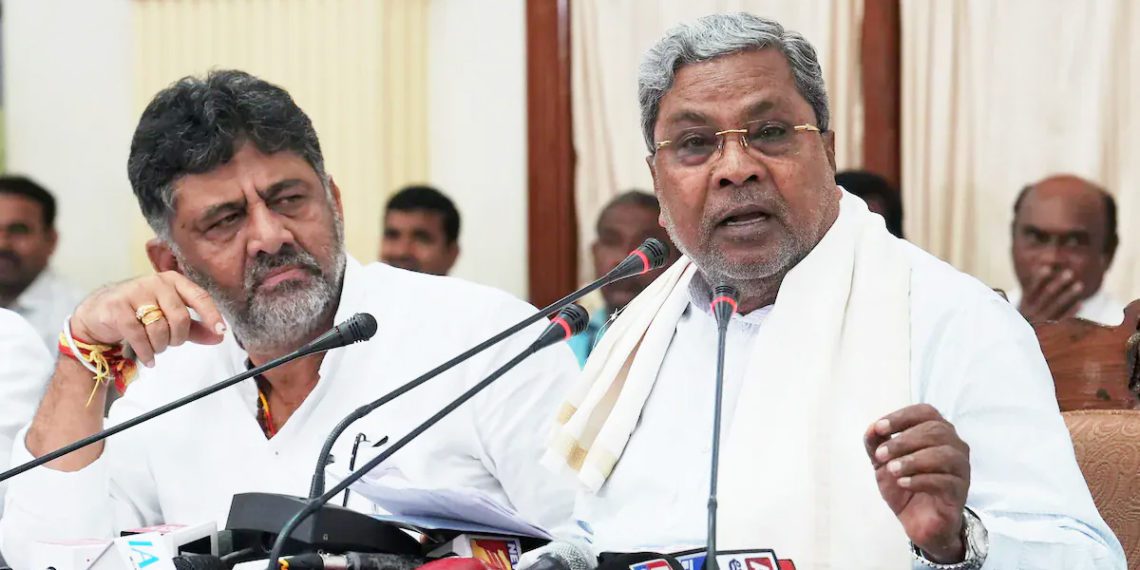Presenting the Karnataka state budget in the assembly, Chief Minister Siddaramaiah announced a series of transformative measures aimed at digitizing 3,000 cooperative societies, launching the Akka Cooperative Society for women empowerment, and providing financial support to farmers.
Under the Centrally-Sponsored Computerization Scheme for Primary Agricultural Cooperative Societies (PACS), the government has released Rs 93 crore, leading to the computerization of 110 societies. In a bid to enhance efficiency and transparency, the state has set an ambitious goal to fully digitize 3,000 societies within the current financial year.
To enhance transparency, the Co-operation Department will introduce several key reforms. An online database of all registered housing cooperative societies will be created through the Karnataka State Co-operative Housing Federation, ensuring easy access to relevant information. Additionally, a dedicated helpline will be launched to safeguard depositors’ interests and prevent financial malpractices.
Further, the department will focus on the digitalization of audit reports for cooperative societies, promoting accountability and efficiency in the sector.
The Akka Cooperative Society will be established at the state level to provide quick credit access, financial security, and entrepreneurship support to Self-Help Groups (SHGs) under the National Livelihood Mission.
Women heads of families under the Gruha Lakshmi scheme will also be brought under this initiative, enhancing financial inclusion and economic independence for women.
The Karnataka government reaffirmed its commitment to agricultural credit by disbursing Rs 18,960 crore in loans to 21.78 lakh farmers in 2024-25. Despite NABARD reducing the refinancing limit by 58%, the state aims to disburse Rs 28,000 crore in agricultural loans to 37 lakh farmers this year.
Additionally, under the interest waiver scheme for medium and long-term loans of DCCB and PCARD banks, the government has waived Rs 240 crore in loan interest, offering significant relief to farmers.
The Yashaswini Scheme, which provides affordable healthcare to rural areas, has expanded its reach, with 700 hospitals registered and 59,000 beneficiaries receiving treatment worth Rs 103 crore. The government plans to further expand healthcare accessibility to ensure quality treatment at affordable costs.
In a major boost to toor dal farmers, the government will provide an additional Rs 450 per quintal over the Rs 7,550 per quintal Minimum Support Price (MSP). With a total allocation of Rs 138 crore, the initiative will benefit farmers in Kalaburagi, Bidar, Yadagiri, Vijayapura, Bagalkot, Raichur, Koppal, Kolar, Chitradurga, and Chikkaballapur.
This support aims to stabilize market prices, increase farmer incomes, and promote agricultural sustainability.
With these bold initiatives, the Karnataka government is taking significant steps toward strengthening the cooperative sector, empowering women, supporting farmers, and expanding rural healthcare. These reforms will enhance economic stability, financial inclusion, and rural development across the state.













































